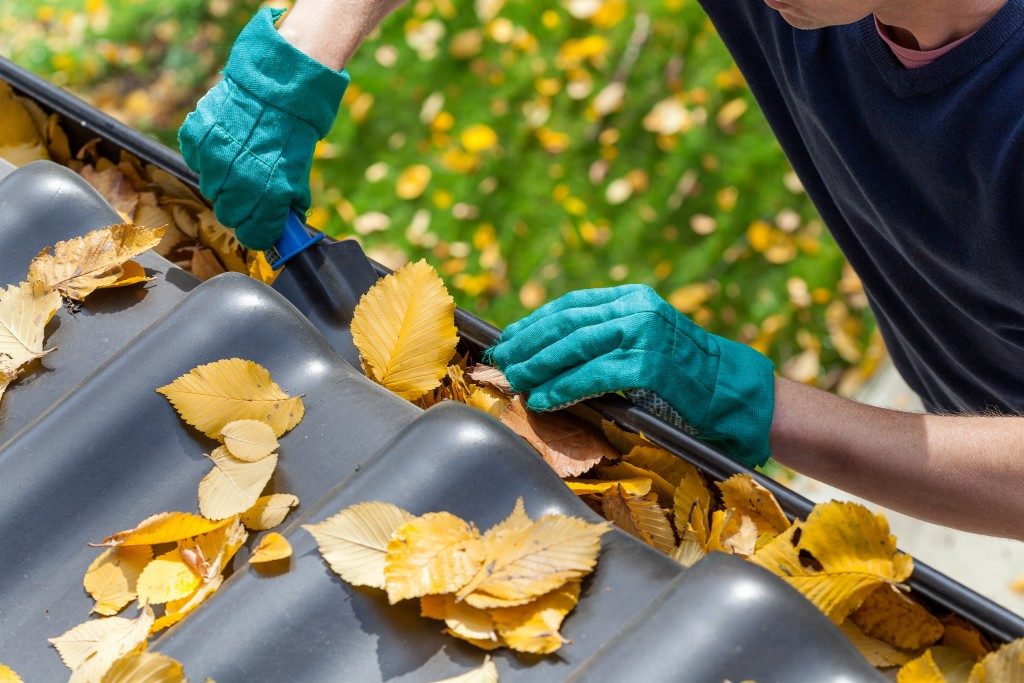A lot of seasons come and go peacefully, but sometimes the weather can ravage your home if you don’t take the necessary precautions. So, before storm season hits, buckle down on some of the must-dos you should look into in case of heavy rain.
-
Waterproof your outside surfaces
If you have a lot of furniture on your patio, porch, or balcony, it would be best to store them first or at least keep them organized in a corner if you are anticipating a big storm. For you to keep the waters from damaging your floors, moisture seal decking is a good option that will prevent weathering caused by continuous rain.
Using proper waterproofing, you can remove a lot of the hazards that can crop up when you let your surfaces get overrun by massive amounts of water. Having a coating can help you maintain your surface both aesthetically as well as practically.
Determining the type of flooring you have on your exteriors can help you gauge how you can effectively coat it and prevent issues, such as waterlogging and the like.
-
Mind your gutters
This step is an important task both before, during, and after a storm. Your drainage and gutters can have a lot of build-up or even blockages that can lead to more damage if left unchecked.
Keeping your gutters in working order can be the main factor that will prevent your home from being at risk of getting flooded. It is the first defense before you consider what other responses you can take should water reach your interiors.
Clear out debris and leaves that have accumulated and make sure you do a thorough scan to check if any structural damages can cause a sudden breakage. It is also an excellent time to check for rusted areas and holes.
After cleaning it out, it’s also wise to test it by pouring some water with a hose or bucket to see how the flow is. The Federal Alliance for Safe Homes suggests doing general cleaning and corrosion checks twice a year during summer and after fall.
-
Protect your windows

Windows can be hazards during storms, so it’s best to ensure that exterior ones are boarded adequately up and shuttered. Even if it’s not a particularly rough storm but there is heavy rain incoming, make sure that your windows are properly shut and don’t have any spaces that water could leak through.
Check them for gaps that might stem from faulty installation or wear. If there’s still ample time and you’re preparing for the rains, try getting the window repaired. If not, cover up the sections that have spaces so that air and water don’t get through.
If the windows shake, it’s likely an issue with the frame that needs to be fixed. Otherwise, there may be cracks that you can resolve be sealing them. Using a waterproof sealant would be a good choice, especially if you’re short on time.
We can’t stop the weather from changing, but with proper care, we can ensure that our homes can adapt to it no matter how it shifts.




